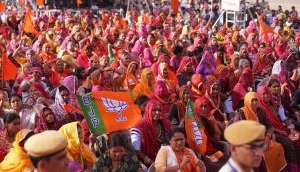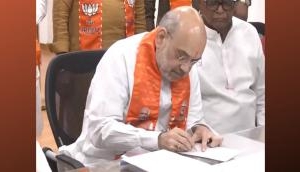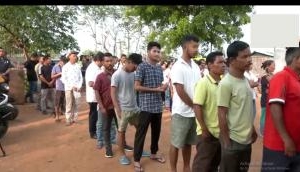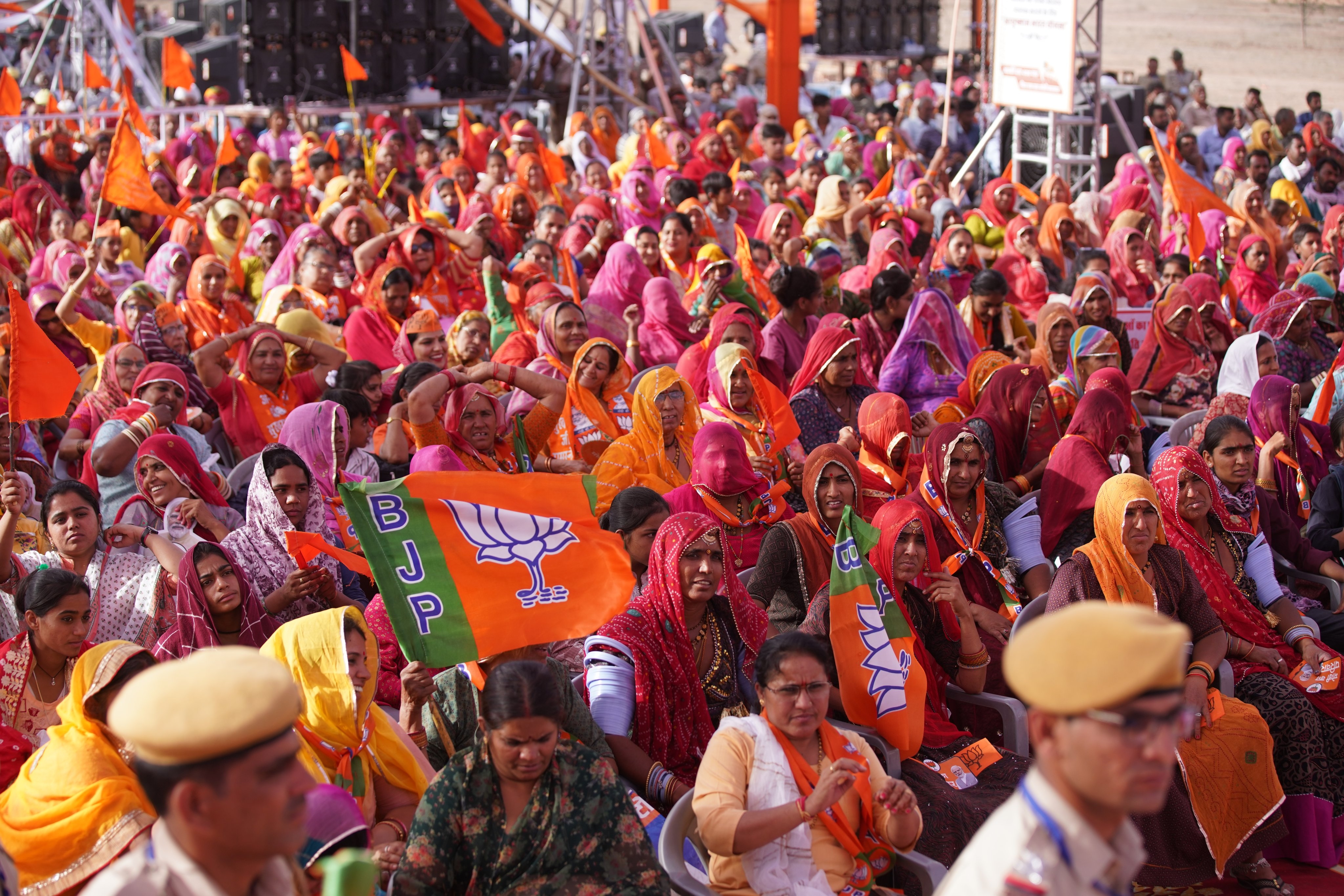Web of complexities behind PIL against minority status of Muslims in J&K

If Muslims constitute 14% of the country's population but 68% of Jammu and Kashmir's population, should they not be considered as minorities in J&K? Should central government schemes stop identifying them as minorities for the purpose of benefits limited to the state? Questions like these have been raised by a Public Interest Litigation in the Supreme Court that seeks to “safeguard interests of religious and linguistic minorities”, specific to J&K.
The petitioner is Jammu-based advocate Ankur Sharma and a copy of his petition can be found here.
The SC has accepted the writ petition and asked the Union and J&K governments to apply their minds, discuss and file a report on the issue in 4 weeks. It is indeed a complicated issue as some questions raised in the PIL are legitimate while some others are tricky, which is why it deserves thorough judicial examination.
Some of the aspects that make the situation complex include -
-
No clear definition of the term 'minority' in the Constitution
-
Non-applicability of the National Commission for Minorities Act to J&K
-
Inability of J&K, along with 19 other states & UTs, to set up state-level minority commissions
Most scholarships, schemes for Muslims
Sharma says because of these inadequacies, several anomalies have over the years crept into the state and have negatively impacted upholding of minority rights in the state. He cites, for example, twenty thousand (20,000) high value scholarships that the Union government offered for 2007-08 in the field of technical professional education for the identified national level minorities. These include Muslims, Christians, Sikhs, Buddhists, Zoroastrians (Parsis) and Jains.
In J&K, Muslims are not in minority in the state's population but got 717 out of a total 753 scholarships. Sharma says “communities which are eligible to be notified as minorities”, which looks like a reference to Hindus, did not receive “their due share of the scholarship owing to their non-identification/notification as minorities”. This jeopardised “their constitutionally guaranteed rights” and reflects the “unfairness and discrimination of the State”, he asserts.
Citing another example, the petitioner says in 2011, the National Minorities Development and Finance Corporation (NMDFC) tasked the Jammu & Kashmir Entrepreneurship Development Institute (JKEDI) with implementing various loan schemes of NMDFC, for male beneficiaries in J&K. Sharma alleges the JKEDI “has been conferring ‘minority benefits’ on the Muslims, Sikhs, Buddhists and Christians of the state, hinting that Hindus were deprived of availing these loan schemes.
Violation of guidelines?
To be fair to the petition, it does point out a glaring lapse. The Union government's guidelines for implementation of Prime Minister’s new 15-Point Programme for the Welfare of Minorities clearly says that “in States, where one of the minority communities notified under Section 2 (c) of the NCM Act, 1992 is in fact in majority at State level, the earmarking of physical/financial targets under different schemes will be only for the other notified minorities”.
J&K is one of these states and, in keeping with this guideline, Muslims in J&K should have been kept out of the ambit of such schemes and these should have gone to other minorities. That this did not happen does indeed amount to violation of guidelines and should have been dealt with strictly. This is also why the state needs its own minorities commission as an agency which could look into the grievances of state-level minorities.
The proposed solution
To tackle the issue, Sharma has appealed to the SC to -
-
Order the establishment of a State Minority Commission for J&K “through appropriate legislation” that will include “time-bound identification and notification of religious and linguistic minorities by the state government”.
-
Or, appoint a committee of experts under the SC's supervision to identify communities of J&K that qualify as religious and linguistic minorities at the state level.
-
Order extension of the NCM Act, 1992, to J&K and recommend to the President of India to amend the act.
-
Order J&K government to “start conferring all benefits available to the religious and linguistic minorities”.
-
Restrain both the governments from “disbursing benefits” meant for the notified minorities to those communities that have not been notified by the state government, till the time they are notified.
-
Order an audit of the implementation of Prime Minister’s 15 Point Programme in the state.
-
Order the constitution of a Special Investigation Team (SIT), headed by a sitting or retired High Court Judge, to probe “illegal and arbitrary disbursement of minority benefits” under the programme in the state.
-
Or, order such an SIT to conduct this probe on the basis of CAG's report on the implementation of the programme.
-
Ensure the registration of an FIR against “alleged corruption in the implementation of the programme” as well as other schemes for minorities in the state.







![BJP's Kapil Mishra recreates Shankar Mahadevan’s ‘Breathless’ song to highlight Delhi pollution [WATCH] BJP's Kapil Mishra recreates Shankar Mahadevan’s ‘Breathless’ song to highlight Delhi pollution [WATCH]](http://images.catchnews.com/upload/2022/11/03/kapil-mishra_240884_300x172.png)

![Anupam Kher shares pictures of his toned body on 67th birthday [MUST SEE] Anupam Kher shares pictures of his toned body on 67th birthday [MUST SEE]](http://images.catchnews.com/upload/2022/03/07/Anupam_kher_231145_300x172.jpg)






